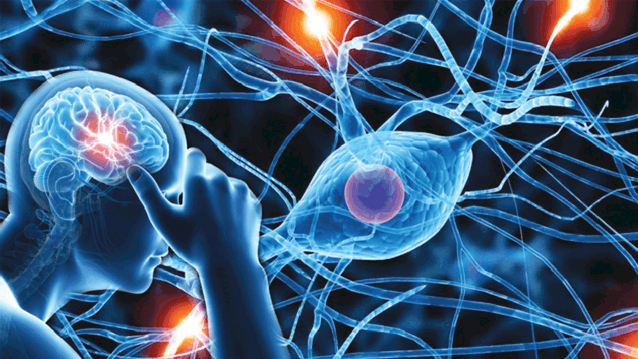Neurological disorders are disorders that affect the central nervous system or peripheral nervous system and may affect the brain, spinal cord, peripheral nervous system or neuromuscular function.
Types of Neurological Disorders?
Alzheimer’s disease (AD)
 Alzheimer’s disease (AD) is the most common form of dementia found in older people. Dementia is a brain disease that severely affects an individual’s ability to perform everyday activities.
Alzheimer’s disease (AD) is the most common form of dementia found in older people. Dementia is a brain disease that severely affects an individual’s ability to perform everyday activities.
Epilepsy
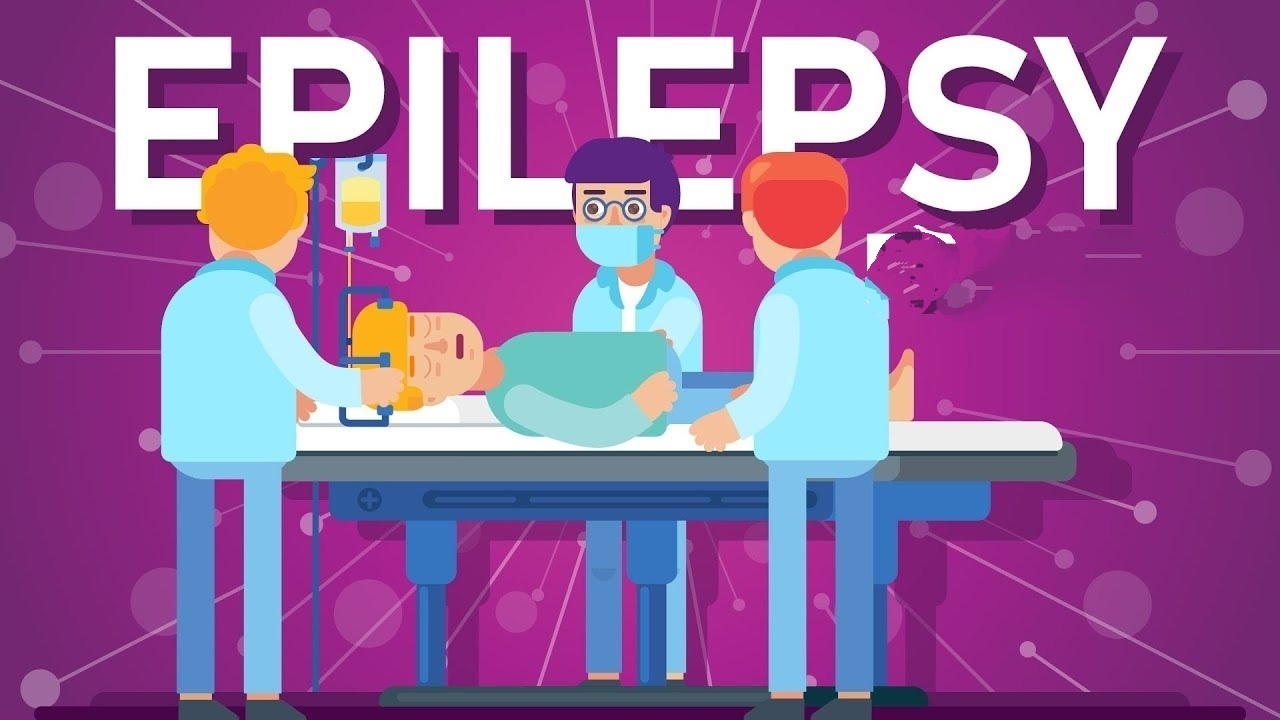 Epilepsy is a condition that is characterized by frequent seizures. Seizures are caused by abnormal nerve cell activity, called neurons, in the brain.
Epilepsy is a condition that is characterized by frequent seizures. Seizures are caused by abnormal nerve cell activity, called neurons, in the brain.
Multiple sclerosis
 Multiple sclerosis (MS) is a condition that causes demyelination (disruption of myelin that isolates and preserves nerve cells) of the spinal nerves and brain cells.
Multiple sclerosis (MS) is a condition that causes demyelination (disruption of myelin that isolates and preserves nerve cells) of the spinal nerves and brain cells.
Parkinson’s disease
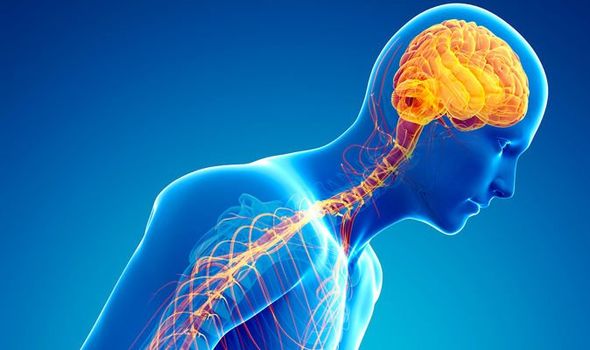 Parkinson’s disease is a neurodegenerative condition that leads to a gradual deterioration of motor activity due to the loss of dopamine-producing brain cells.
Parkinson’s disease is a neurodegenerative condition that leads to a gradual deterioration of motor activity due to the loss of dopamine-producing brain cells.
Migraines
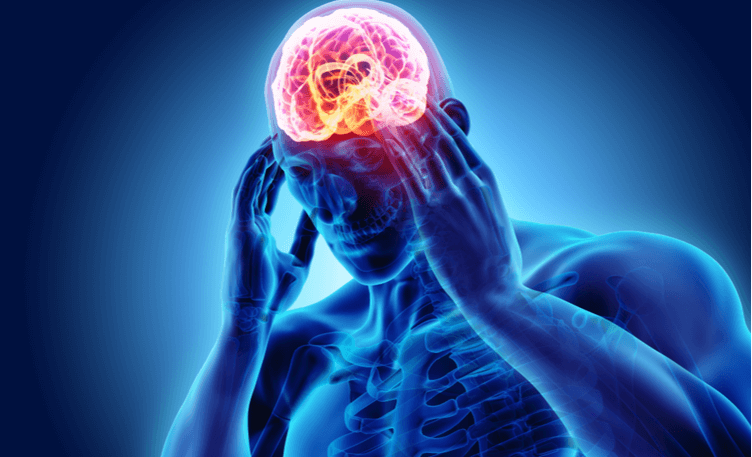 A migraine is a form of headache. Symptoms such as nausea, vomiting, or sensitivity to light and sound may occur. In certain cases, only one side of the head experiences throbbing pain.
A migraine is a form of headache. Symptoms such as nausea, vomiting, or sensitivity to light and sound may occur. In certain cases, only one side of the head experiences throbbing pain.
Common Symptoms of Neurological Disorders
Physical Symptoms
Headaches, Blurry vision and visual fatigue.
Numbness in the legs or arms
Physical weakness and tremors
Imbalance in physical coordination and slurred speech.
Partial or complete paralysis
Muscle weakness
Partial or complete loss of sensation
Seizures
Difficulty reading and writing
Poor cognitive abilities
Unexplained pain
Decreased alertness
Emotional Symptoms
People frequently search for physical signs in this form of the condition, but emotional signs play a very important role.
For example, people suffering from neurological disorders may experience mood swings or outbursts. Depression can also be a significant symptom of these neurological conditions.
Massive changes in behavior and mood swings
Few of the causes of neurological disorder include:
Lifestyle-related causes
Infections
Genetics
Nutrition-related causes
Environmental influences
Physical injuries
Treatment
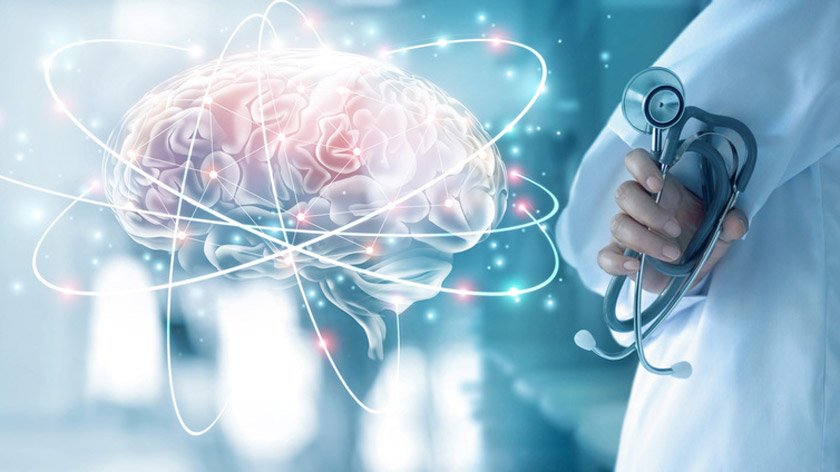 There are various methods of therapy for different forms of neurological disorders. Medications can be used orally, topically or intravenously. Device-based therapies, such as deep brain stimulation, surgery, including tumor removal procedures, physical therapy, and rehabilitation are also medications that can be used to heal these conditions.
There are various methods of therapy for different forms of neurological disorders. Medications can be used orally, topically or intravenously. Device-based therapies, such as deep brain stimulation, surgery, including tumor removal procedures, physical therapy, and rehabilitation are also medications that can be used to heal these conditions.
There is movement disorder therapy for Parkinson’s disease, dystonia, multiple sclerosis, and spasticity. State-of-the-art treatment methods have been created to treat multiple sclerosis as well as less severe demyelinating conditions such as optic neuromyelitis.
Medications can be used to minimize the risk of recurrence and also to treat acute conditions such as stroke. In addition, there are a number of therapies for neuroAIDS, autism, anxiety, vestibular function, neurological disorders, and neuromuscular tissue disorders.
A few of the main therapies for neurological disorders include brain imaging, cyberknife, deep brain stimulation, and gamma knife.
To know more about one of the best Neurology Hospitals in Udaipur, visit Chaudhary Hospital.
Chaudhary Hospital has the best Neurosurgeon, physicians, doctors, and healthcare facilities; a place where all your health-related issues will be identified, resolved, and overcome. The hospital is renowned for its super-specialty services like General and Laparoscopic surgery, medicine, Neurology, Trauma and Orthopaedics, Paediatric Surgery, Urology, Radiology and more.
In cases of emergencies, the hospital has a separate section where doctors, medical staff, and emergency healthcare equipment are available 24/7 for your health and support. In addition to this, the hospital also offers cashless and reimbursement facilities with leading corporates and TPA.
Visit Chaudhary Hospital, Udaipur for best Neurologists in Udaipur to know more.

